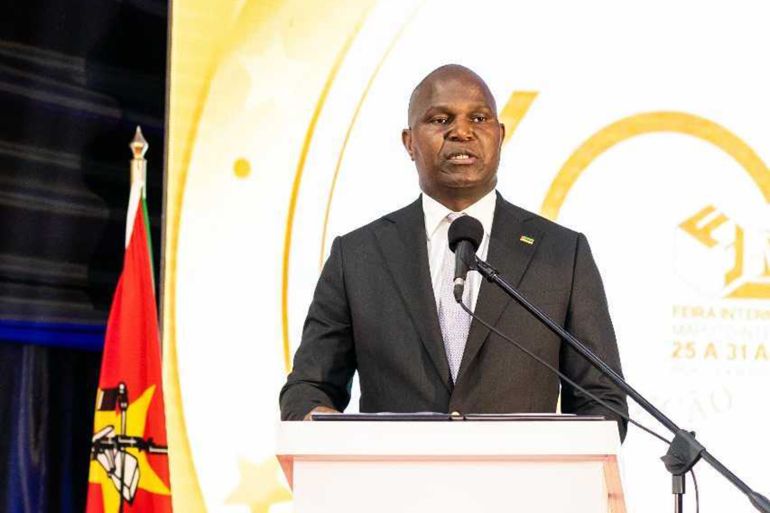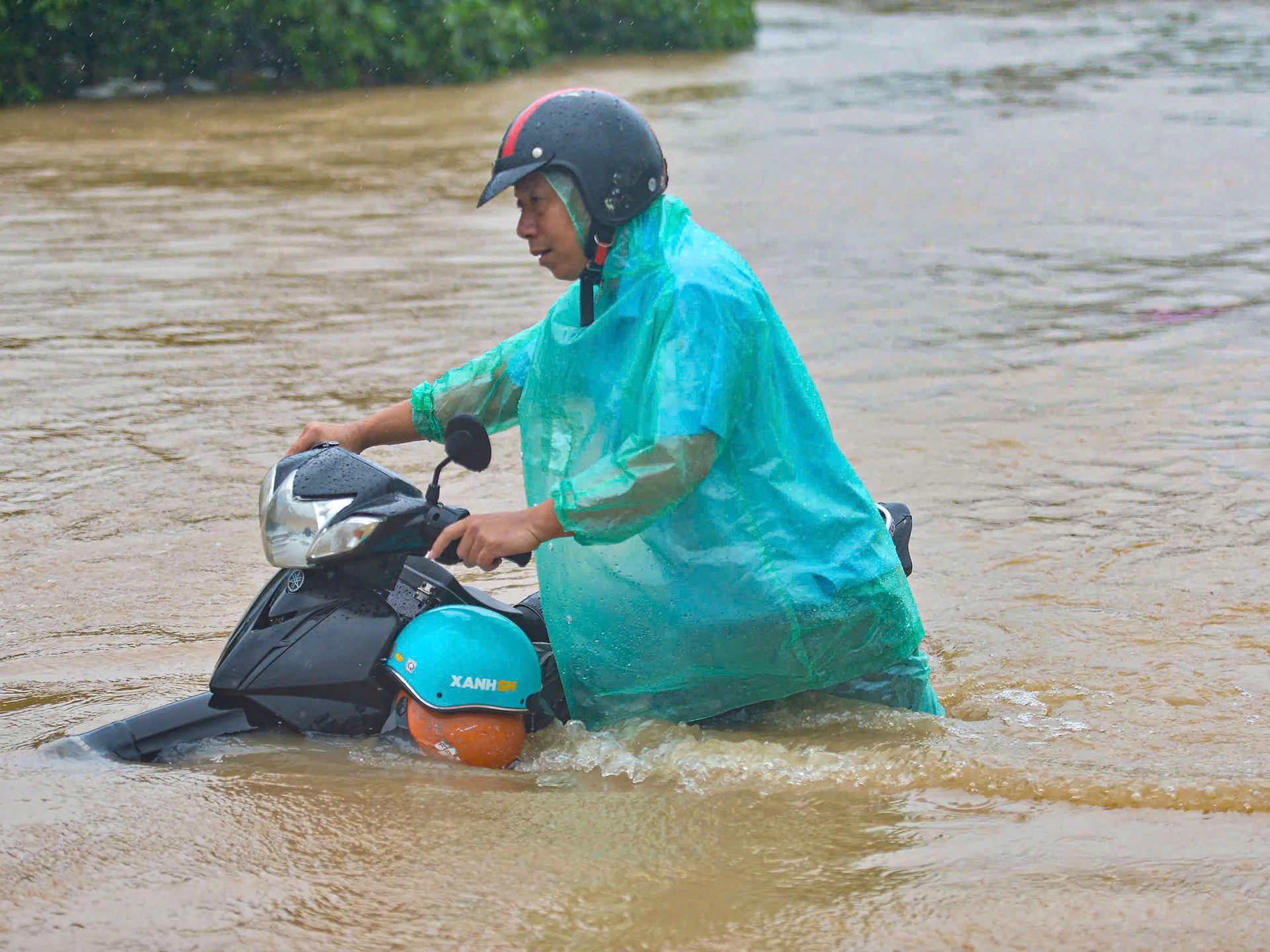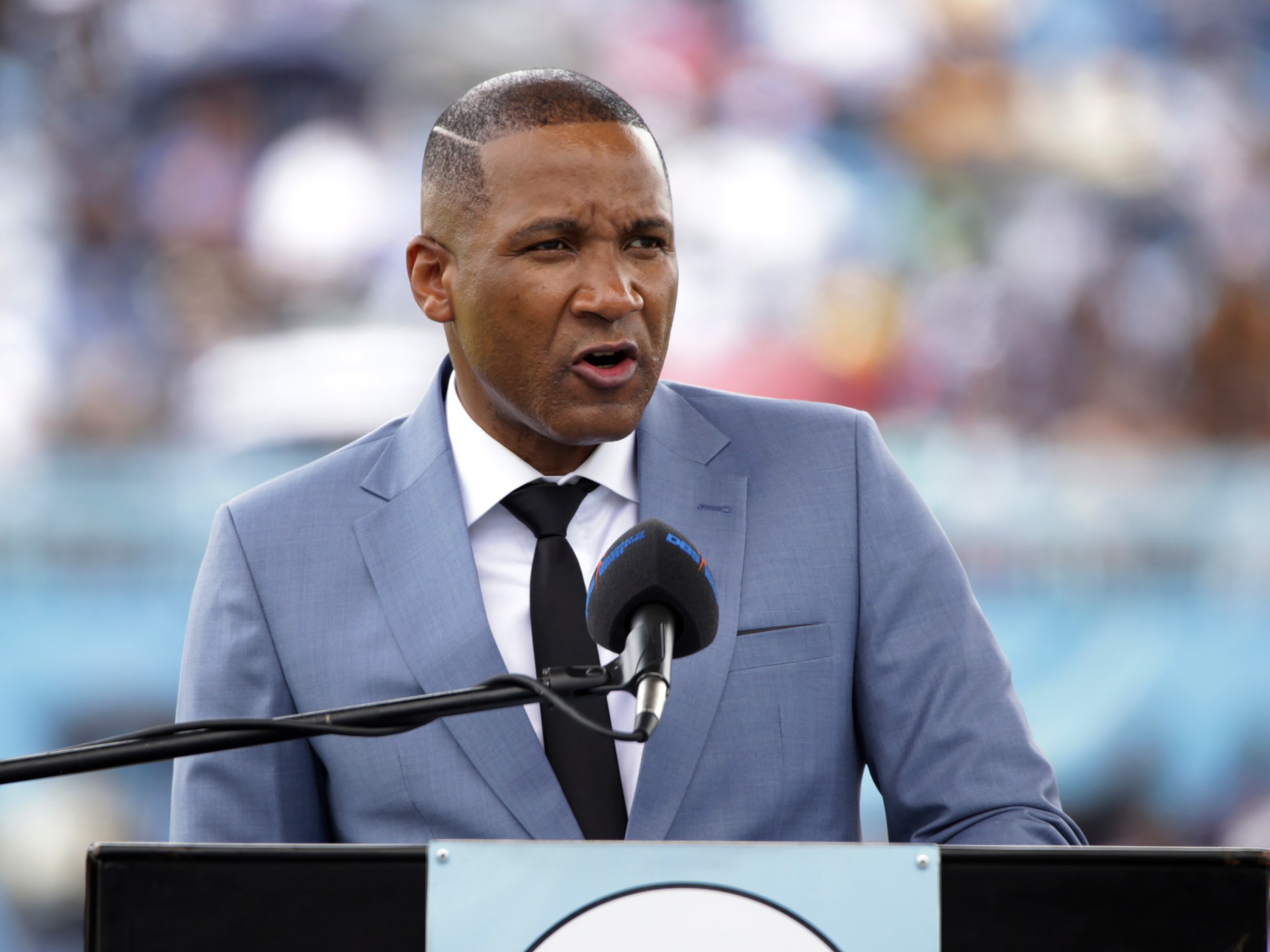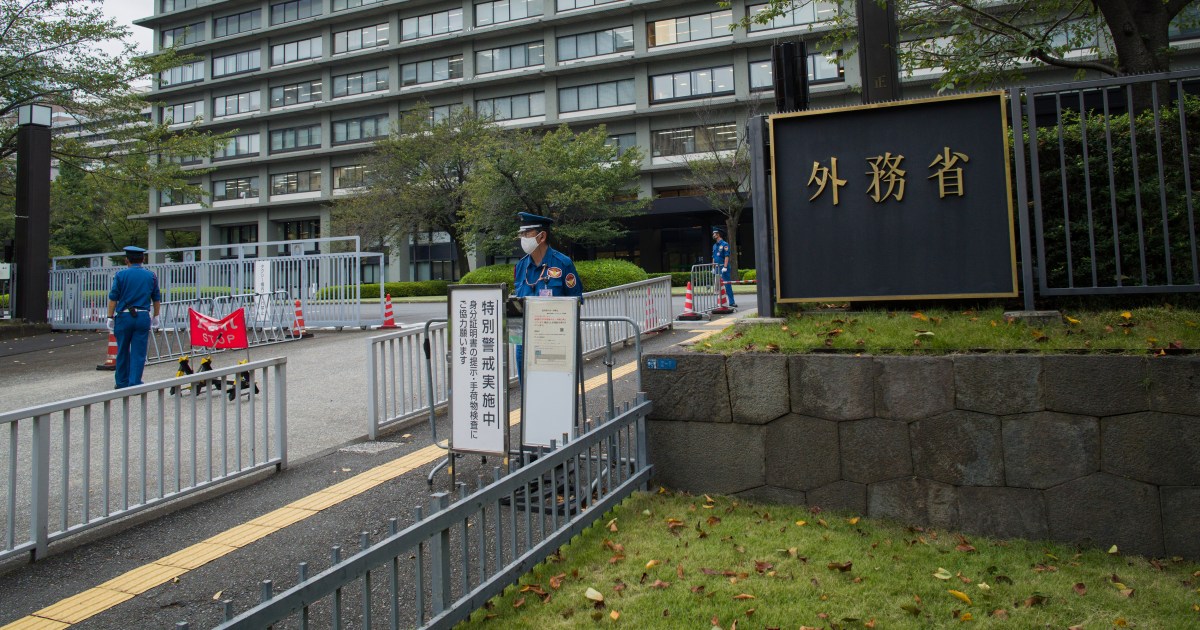Lucia Matimele stands surrounded by lush green leaves, peppers on the stalk, and bunches of ripe bananas in the main aisle of a busy conference pavilion in Maputo, the capital of Mozambique.
“We have land, we have water, we have farmers”! she is enthusiastic. Investment is what we need, he says.
Matimele is the director of industry and commerce for Gaza province, a region about 200km (125 miles) away that is one of the country’s main breadbaskets. As the government works to promote economic growth and development in a politically divisive year, she and her team packed some of their most promising crops and joined thousands of others from within and outside Mozambique to show their goods and form industry connections.
The 60th annual Maputo International Trade Fair (FACIM), the largest of its kind in the nation, will feature more than 3, 000 exhibitors from nearly 30 nations this week in Mozambique. Tens of thousands are expected to attend the seven-day event, the government said.
For day one of the event, which took place on Monday, crowds of exhibitors and eager attendees gathered at the sprawling conference site on the outskirts of Maputo. Local businesses, provincial leaders like Matimele, and regional and international companies looking to trade in or with Mozambique are among the dozen pavilions that are set up.
Standing before delegates and businesspeople at the opening ceremony, Mozambican President Daniel Chapo focused on the need to ensure a good environment for foreign investors, while also building an inclusive and sustainable local economy.
In addition to being a “legendary country,” Chapo said in Portuguese, highlighting the country’s “unique opportunities” for international partners, that “Mozambique has a geostrategic location, with ports, development corridors, and various other potentialities, vast resources, mineral, natural, agricultural, tourism, and…
But at home, he affirmed, “economic independence starts with agriculture workers, farmers, the youth, women – all of us together”.
To assist in funding small and medium businesses in the nation, the government has established a new $40 million Mutual Guarantee Fund with World Bank funding. The president stated that it will offer credit guarantees to at least 15, 000 businesses and that it primarily aims to assist young people and women.
“One of the concerns we hear repeatedly at all the annual private sector conferences is the difficulty in accessing financing”, Chapo said while launching the fund at FACIM on Monday.
We are aware that small and medium-sized businesses, which make up the foundation of the country’s economic fabric, face a nearly insurmountable challenge due to high interest rates, which are largely responsible for our country’s economy’s dynamism and generate income primarily from young people. This is the reason we created this fund, which is specifically dedicated to this group of companies.
He continued, “This instrument serves as a bridge to the recovery of the Mozambican economy, not just a financial mechanism.”
‘ We can feed our people best ‘
According to the World Bank, Mozambique has “ample resources,” including abundant water sources, abundant energy, mineral resources, and natural gas deposits.
However, it is anticipated that 2025’s gross domestic product (GBP) growth will be only 3% (it was 1.8%) in 2024 and 5.4%) in 2023).
Experts point to a raft of challenges facing the Southern African nation: for years it was besieged by a $2bn “hidden debt” corruption scandal that implicated senior government officials, it is still recovering from post-2024 election protests that affected tourism, and it faces an ongoing rebellion by armed fighters in the northern Cabo Delgado province, home to offshore liquefied natural gas (LNG) reserves.

According to Borges Nhamirre, a Mozambican researcher on security and governance with the Institute for Security Studies, the armed rebellion has put an end to TotalEnergies’ $20 billion LNG project and added pressure on the region’s finances and near-future economic prospects.
“The economy of Mozambique was prepared for the next 20, 30 years to rely on natural resources … But now the most recent problem is the insurgency in the northern part of the country. So that has a significant impact on Mozambique’s economy,” Nhamirre said.
“Unfortunately, Mozambique did not diversify the revenue sources and did not invest in other industries like agriculture, industry, and manufacturing, which rely primarily on natural gas,” he continued.
“Mozambique needs to bet on producing its own food”, the researcher said, noting that it is not affordable to keep importing when the country has the potential to feed itself. “There is water and land for agriculture.” Therefore, there is only a little capital and mentality at play.
At her booth in one of the pavilions at FACIM, Matimele has similar thoughts. She remarked, “We can feed our people best,” while surrounded by fresh produce from small farms in Gaza. Another booth across the aisle from her sells products made of the province of Tete, including coffee and honey, while businesses throughout FACIM are selling locally sourced goods throughout the entire FACIM, including grains, seafood, vegetables, and livestock.
In Gaza, Matimele says, people farm rice, bananas, cashews and macadamias, much of which they send abroad to countries such as South Africa and Vietnam – and she would like to increase exports and reach new places.
She claims that the issue is not with production but rather with distribution and processing.
According to Matimele, “we need big industry entering this industry,” while adding that small farmers require assurances that the produce they sell and doesn’t waste.
“FACIM helps us by giving us a secure market”, she explained.

Without funding, “you will get stuck.”
For other observers, FACIM’s focus this year on investment and the Mutual Guarantee Fund are a step in the right direction, especially for small business owners in the agricultural sector.
Our main resource is agriculture, according to the statement. According to historian and researcher Rafael Shikhani, it employs millions of people and provides millions of people with food, according to him. Yet, there remains a longstanding “problem” with the sector, he noted from Maputo.
He noted the civil war from 1977 to 1992, and the country’s severe drought from 1982 to 1984, noting that “there have been so many breakups in that]agriculture cycle” historically. He claimed that it was a “temporary disruption to production” that had a negative impact.
Current challenges facing Mozambican agriculture, the researcher said, include a lack of capital for farming, as well as some people preferring to take an easier route by importing food from neighbouring South Africa to sell locally instead of growing it from scratch.
The funding is a key motivator in many cases, according to Shikhani. There will be a certain way you will get stuck, such as “you’ll need equipment, you’ll need a truck, you’ll need to put up a fence, for whatever,” according to the saying “if you don’t have funds, you can still start a very nice business.”
That is where the Mutual Guarantee Fund could come in handy.
Shikhani remarked, “More investment in agriculture is good.” It will also aid in the sector’s transition from small-scale farming businesses to small- and medium-sized farming enterprises that can choose their land based on “the type of land, where you farm, and how you exploit your land” in a more informed manner.

The Chapo government’s approach to solving the country’s most pressing economic issues will greatly affect the outcome, according to analyst Nhamirre.
However, he makes the observation that internal governance issues and external factors will also be a factor.
“There are internal things that the government needs to do well … The people are still very frustrated”, he said, pointing to the past year’s post-election violence, saying there is a chance protests may flare up again.
Shikhani examines the situation through the lens of history. There is a cycle of crisis: a political crisis, a social unrest, and a political crisis. If you deal with economics and you feed people, there will be no more social unrest, and there will be no political crisis. You should start with economics, he said.
Give people food, provide jobs, and give hope; they will work for a living and earn money.
At her booth in FACIM, Matimele and her team stand ready in matching red shirts emblazoned with the words: “Gaza, the route of progress” in Portuguese. A week of networking is scheduled for them, which they anticipate will result in more food, jobs, and hope.





